The 'Kabuliwala' Afghans of Kolkata
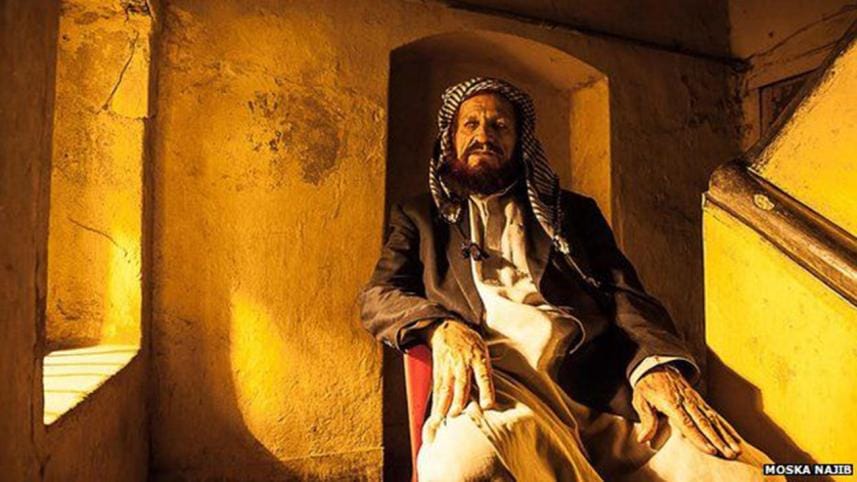
Thousands of Afghans have lived for decades in the Indian city of Kolkata (Calcutta). Moska Najib and Nazes Afroz captured the stories of this little-known community.
In 1892, India's first Nobel laureate, Rabindranath Tagore, wrote the iconic short story, Kabuliwala. It was the tale of a man from a distant land - Afghanistan - living in Kolkata, now the capital of West Bengal state. Over the past century, this interpretation has helped shape a romantic image of Afghans in Bengal and beyond.

The men are typically thought to have distinctive features - piercing eyes and rugged faces. Dressed in their traditional attire, they seem at home in a city which is thousands of miles away from their own homeland.
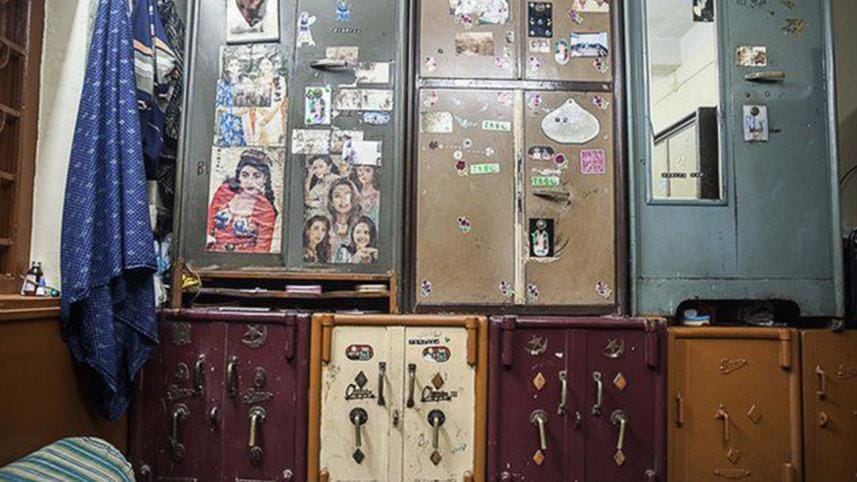
The name from Tagore's story is still in use and the Afghans of Kolkata are called Kabuliwalas, which means "people of Kabul". While the city has become their new abode, they carry with them their distinct tradition.

Dadgul Khan has been living in central Kolkata for more than five decades with his Indian wife and family.

Mr Khan was born in Afghanistan and moved to India with his father as a young man. His son by his Indian wife is a keen cricketer.
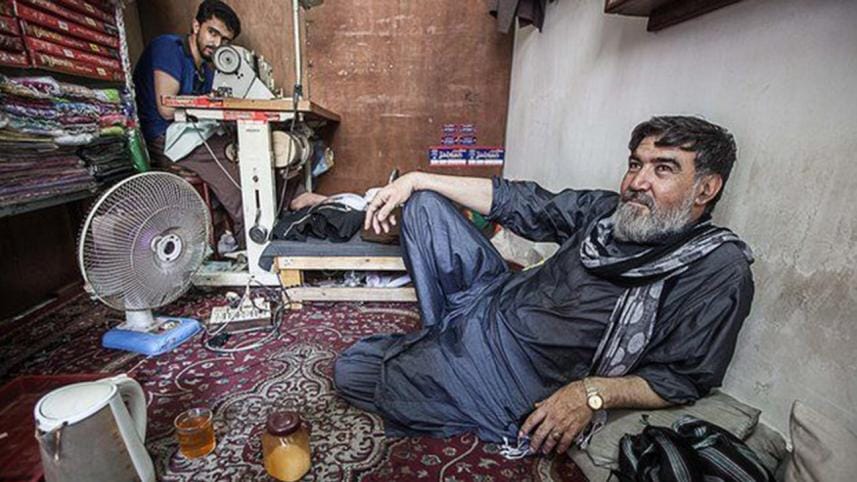
Armed with spices, dry fruits and attar (perfumes) from their country, the first Kabuliwalas went from door-to-door selling their wares. Over the decades, they have moved to other businesses, including setting up tailoring shops in the city's Burrabazar area.
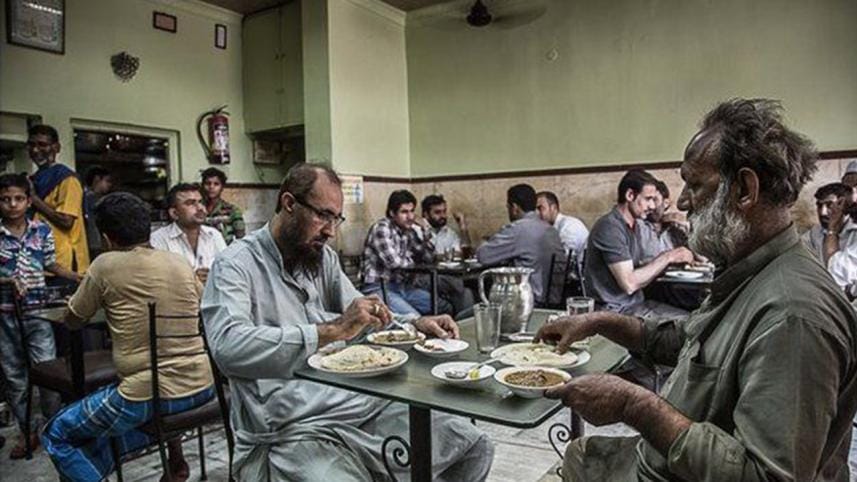
The Kabuliwalas can often be found enjoying the local food in the city's restaurants.
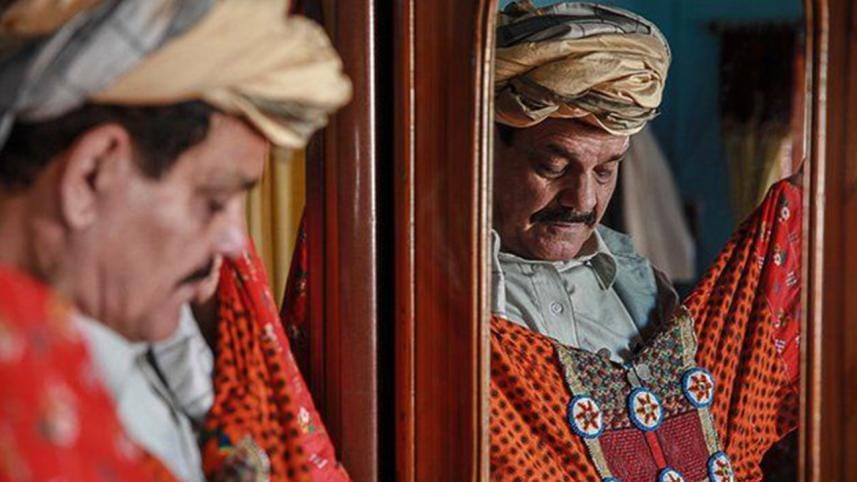
Some Kabuliwalas carry mementos passed on by earlier generations. Here, Sultan Khan shows off his mother's dress from nearly half a century ago.
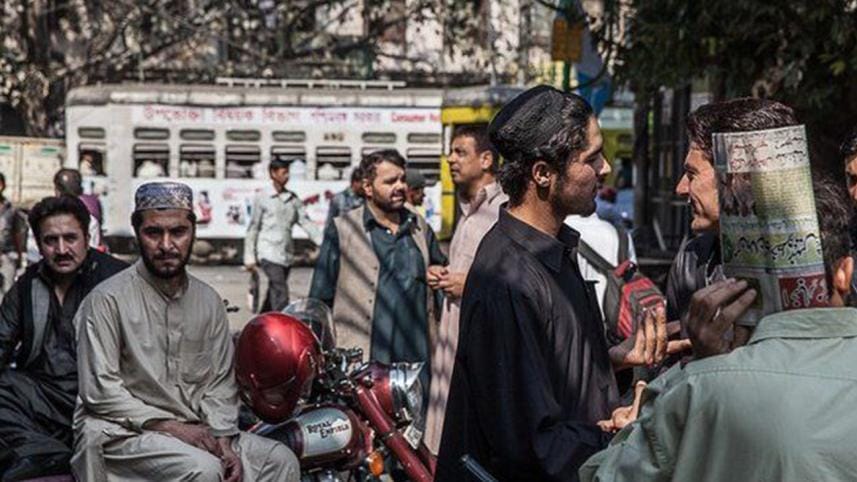
Age-old customs and traditions link the generations and have kept this little-known community going. Today, there are only 5,000 Kabuliwala families in Kolkata, a city of 16 million people.
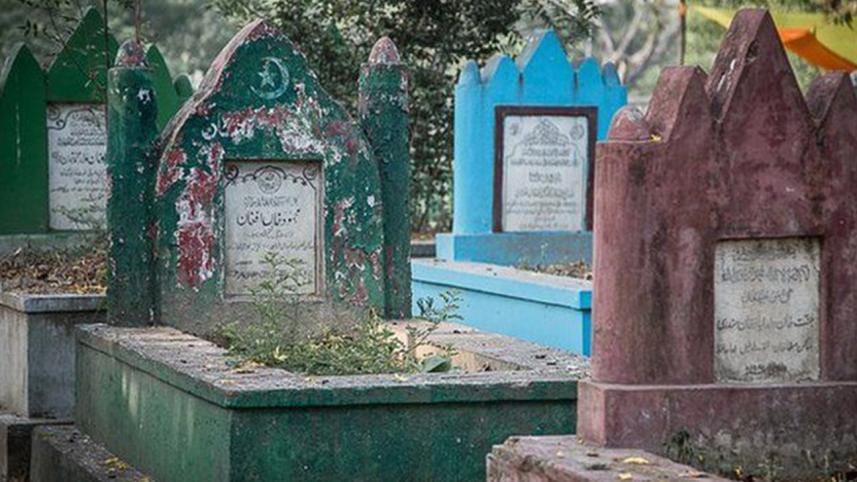
Many of the Kabuliwalas, though born in Kolkata, lead the life of "stateless" people without any citizenship documents. But regardless of their official status, the city offers them a final resting place in this graveyard.
 For all latest news, follow The Daily Star's Google News channel.
For all latest news, follow The Daily Star's Google News channel.
Comments